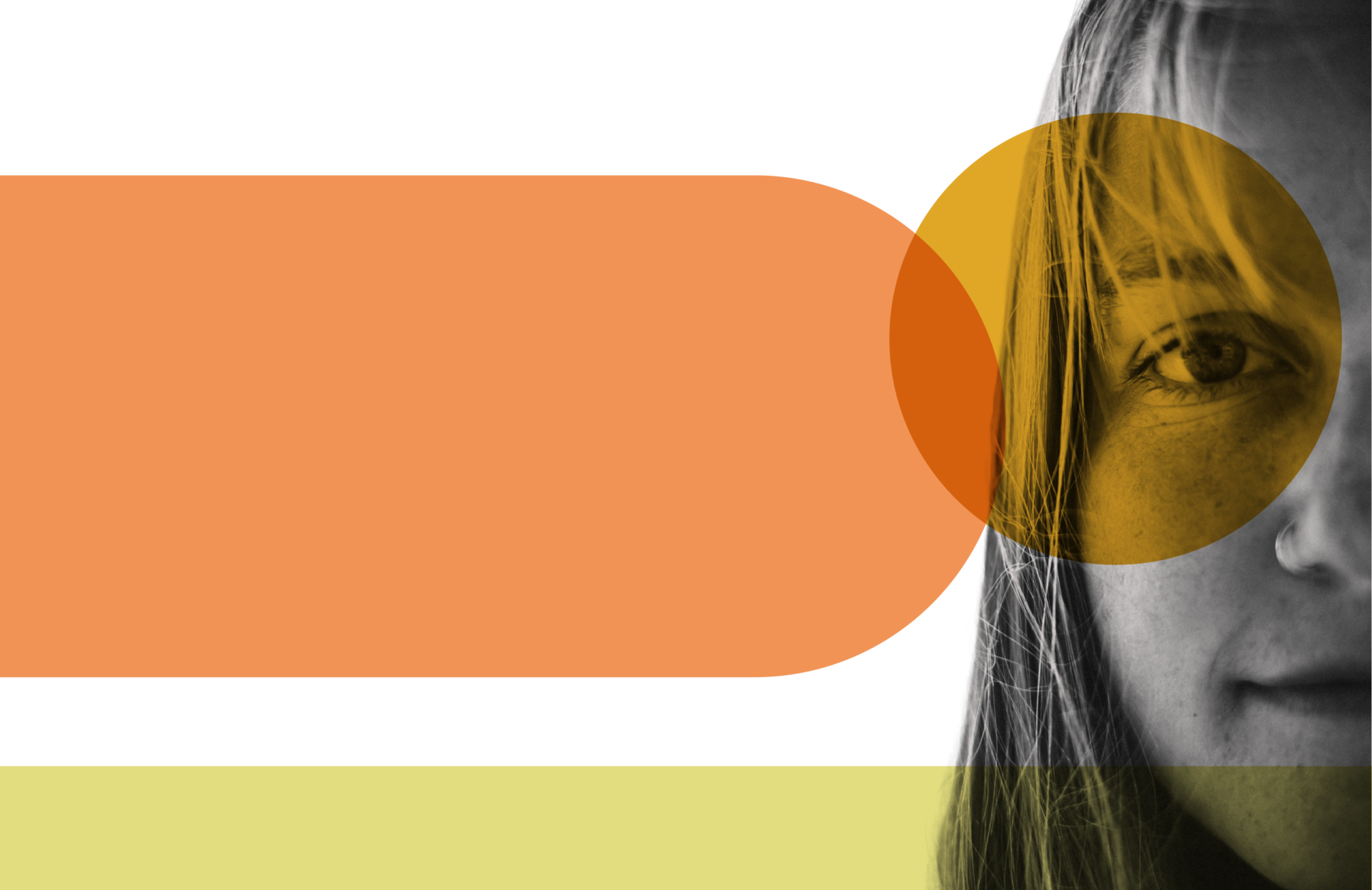Eating disorders are characterised by severe disturbance in eating behaviour
An eating disorder is a serious, complex, mental health issue that affects one’s emotional and physical health. People with eating disorders develop an unhealthy relationship with food, their weight or appearance. Anorexia Nervosa, Bulimia Nervosa and Binge eating disorder are all types of eating disorder.
Anorexia nervosa is characterised by individuals who refuse to maintain a minimally normal body weight, and is intensely afraid of gaining weight, and exhibits a significant disturbance in the perception of the shape or size of his or her body.
Understanding Eating Disorder

A disturbance of perception of body shape and weight is an essential feature of both Anorexia Nervosa and Bulimia Nervosa
Bulimia Nervosa is characterised by repeated episodes of binge eating followed by inappropriate compensatory behaviours such as self-induced vomiting, misuse of laxatives, diuretics or other medication; fasting; or excessive exercise.
An eating disorder Not otherwise specified category is also provided for disorders that do not meet criteria for a specific eating disorder.

People with Binge eating disorder experience compulsory eating behaviours
They eat, or perceive that they have eaten, large amounts of food in a short period of time. However, after binging they do not purge food or burn off calories with exercise. Instead, they feel uncomfortably full and may struggle with shame, regret, guilt or depression.
The treatment of eating disorders involve psychotherapy; medications to address comorbid anxiety or depression; family therapy; nutritional counselling and monitoring of one’s physical health.

Our Psychiatrists are committed to providing comprehensive assessments to correctly identify Eating Disorder symptoms and ensure that you receive an accurate diagnosis.
Book online for a fast, affordable and convenient online Eating Disorder assessment or call Fluence Clinic directly on
0457 243 459

Understanding Eating Disorders
Eating disorders are characterised by severe disturbance in eating behaviour.
An eating disorder is a serious, complex, mental health issue that affects one’s emotional and physical health. People with eating disorders develop an unhealthy relationship with food, their weight or appearance. Anorexia Nervosa, Bulimia Nervosa and Binge eating disorder are all types of eating disorder.
Anorexia nervosa is characterised by individuals who refuse to maintain a minimally normal body weight, and is intensely afraid of gaining weight, and exhibits a significant disturbance in the perception of the shape or size of his or her body.
A disturbance of perception of body shape and weight is an essential feature of both Anorexia Nervosa and Bulimia Nervosa.
Bulimia Nervosa is characterised by repeated episodes of binge eating followed by inappropriate compensatory behaviours such as self-induced vomiting, misuse of laxatives, diuretics or other medication; fasting; or excessive exercise.
An eating disorder Not otherwise specified category is also provided for disorders that do not meet criteria for a specific eating disorder.
People with Binge eating disorder experience compulsory eating behaviours.
They eat, or perceive that they have eaten, large amounts of food in a short period of time. However, after binging they do not purge food or burn off calories with exercise. Instead, they feel uncomfortably full and may struggle with shame, regret, guilt or depression.
The treatment of eating disorders involve psychotherapy; medications to address comorbid anxiety or depression; family therapy; nutritional counselling and monitoring of one’s physical health.
Our Psychiatrists are committed to providing comprehensive assessments to correctly identify Eating Disorder symptoms and ensure that you receive an accurate diagnosis.
Book online for a fast, affordable and convenient online Eating Disorder assessment or call Fluence Clinic directly on
0457 243 459

